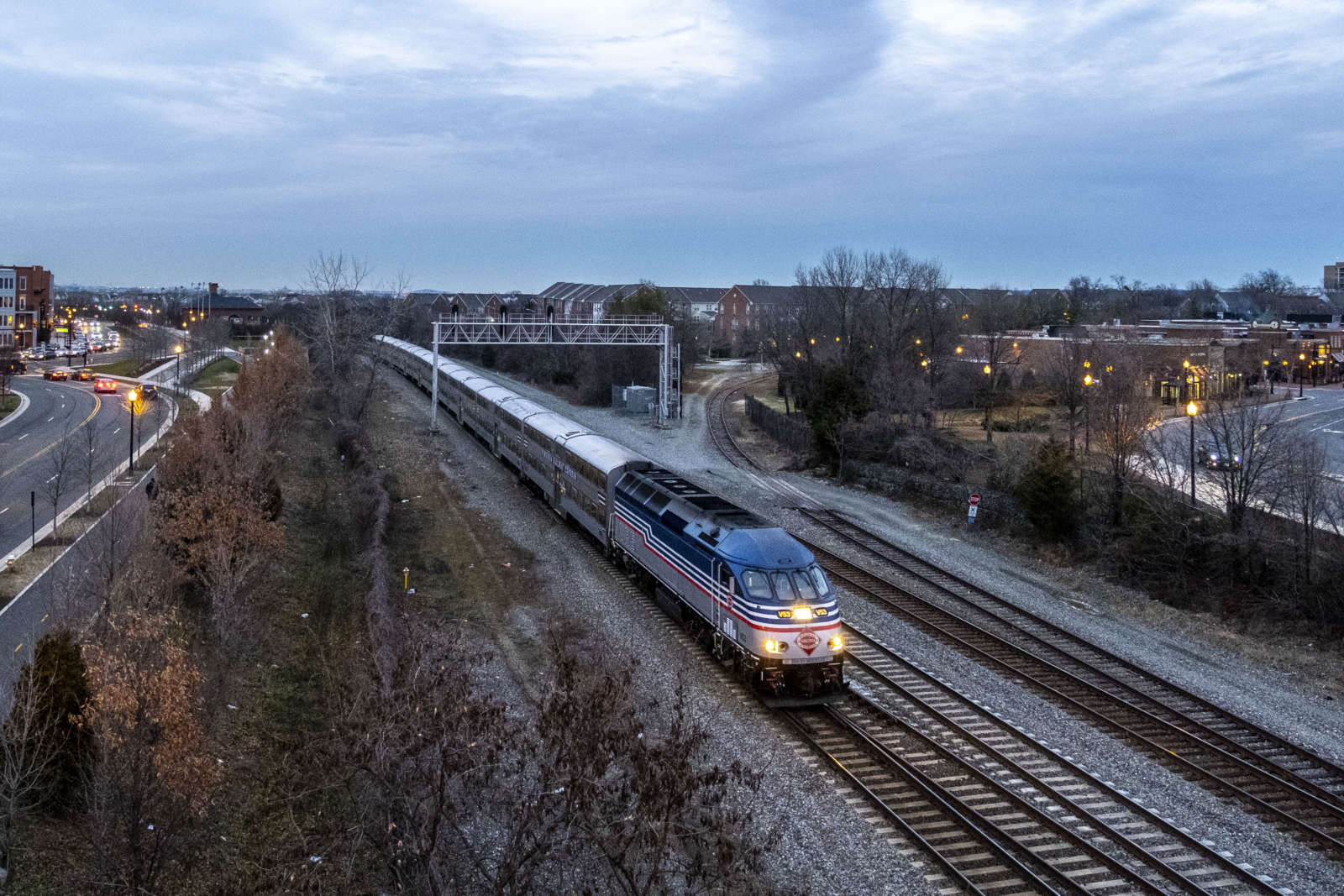
As Metro stares down potentially devastating cuts, City Council member Sarah Bagley said the Virginia Railway Express (VRE) is grappling with similar funding struggles as it tries to redefine itself.
Bagley, who serves on the VRE Operations Board, said the rail service’s new plans to add weekend service represent an effort to broaden the ridership beyond commuter traffic.
“[This] represents a real shift and expansion and transformation of VRE from commuter-focused during the weekday to something on Saturdays, aiming to carry children, families and seniors,” Bagley said.
Increased telework has dramatically cut ridership on transit services built around providing access to downtown D.C. for office workers.
“There’s a lot of talk about: how does that impact infrastructure?” Bagley said. “VRE has its own version of the WMATA funding model. Its current funding model needs revision.”
VRE has a $190.7 million annual budget for both operating and capital expenses in fiscal year 2024, with funding coming from both state and local jurisdictions. Bagley said VRE’s taken some steps to try to shift how VRE is classified and funded.
“There’s been some good changes to get their funding detached from bus funding,” Bagley said. “In the past, they’ve been treated like a bus service when it comes to state funding. Now, they’ve carved themselves out and are being examined differently.”
Still, Bagley said there are larger conversations at play about how to keep VRE on track with commuter traffic dramatically reduced.
“The bottom line is, all the jurisdictions and the state are going to have to think more creatively and differently about a sustainable model indefinitely for VRE,” Bagley said, “one that will hopefully continue to expand and transform and provide more service.”

